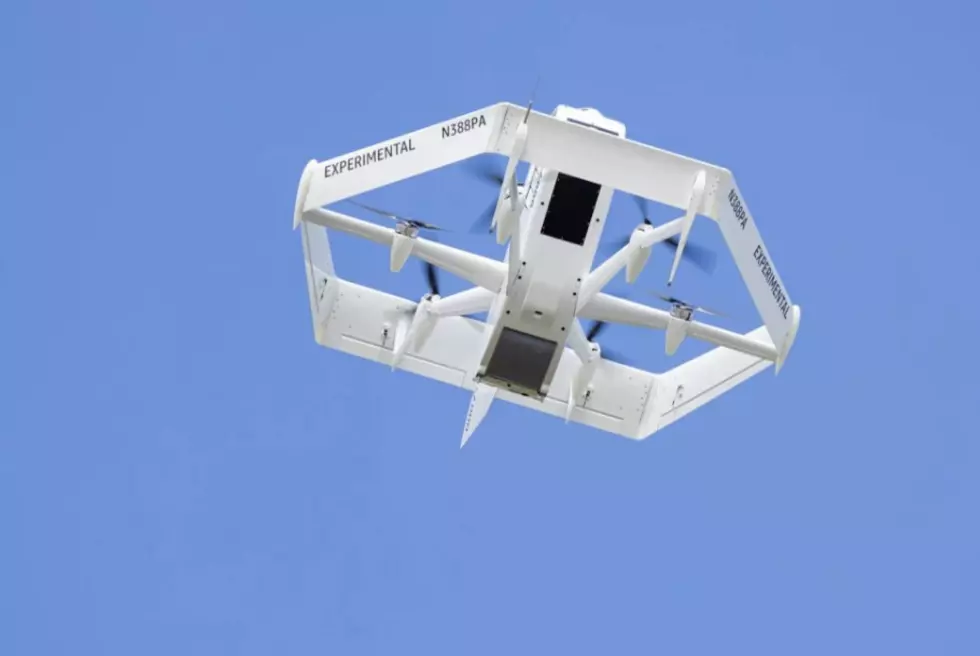
Verizon Wants to Listen in On Your Conversations
How would you feel about Verizon listening to your conversations? A new patent could allow them to do it in order to better target ads to you. According to CBS:
Verizon has filed a patent for targeting ads that collect information from infrared cameras and microphones that can detect the amount of people and types of conversations happening in customers’ living rooms.
The set-top box technology is not the first of its kind – Comcast patented similar monitoring technology in 2008 that recommended content to users based on people it recognized in the room. Google TV also proposed a patent that would use video and audio recorders to figure out exactly how many people in a room were watching its broadcast.
Verizon filed for the application in May 2011, but the report was published last week due to laws stating that all patent applications be published after 18 months.
FierceCable first publicized the Verizon patent that gives examples of the DVR’s acute sensitivity in customers’ living rooms: argument sounds prompt ads for marriage counseling, and sounds of “cuddling” prompt ads for contraceptives.
“If detection facility detects one or more words spoken by a user (e.g., while talking to another user within the same room or on the telephone), advertising facility may utilize the one or more words spoken by the user to search for and/or select an advertisement associated with the one or more words,” Verizon states in the patent application.
The patent goes on to say that the sensors would also be able to determine if a viewer is exercising, eating, laughing, singing, or playing a musical instrument, and target ads to viewers based on their mood. It also could use sensors to determine what type of pets or inanimate objects are in the room. The system can also “dynamically adjust parental control features” if it detects that young children are present in the room.
There are several types of sensors can be linked to the targeted advertising system. These include 3D imaging devices, thermographic cameras and microphones.
So what do you think about this? Some people may like some of the options, but do we really want companies listening to our conversations? At what point does the government go after Verizon for all the logs they have of people's conversations?
More From News/Talk 95.1 & 790 KFYO









